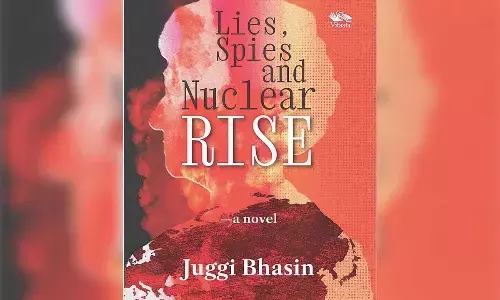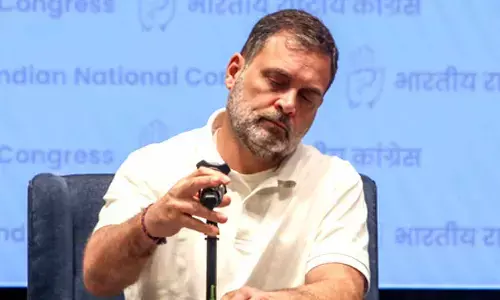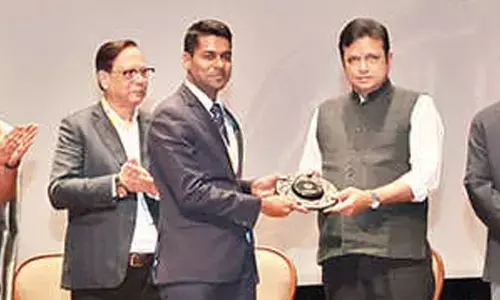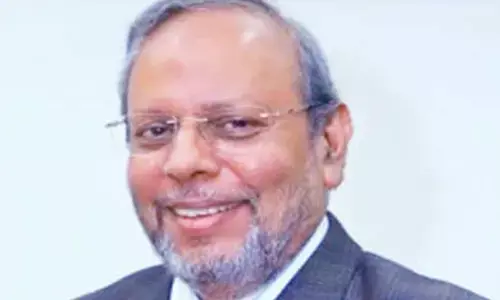Freebies are never free
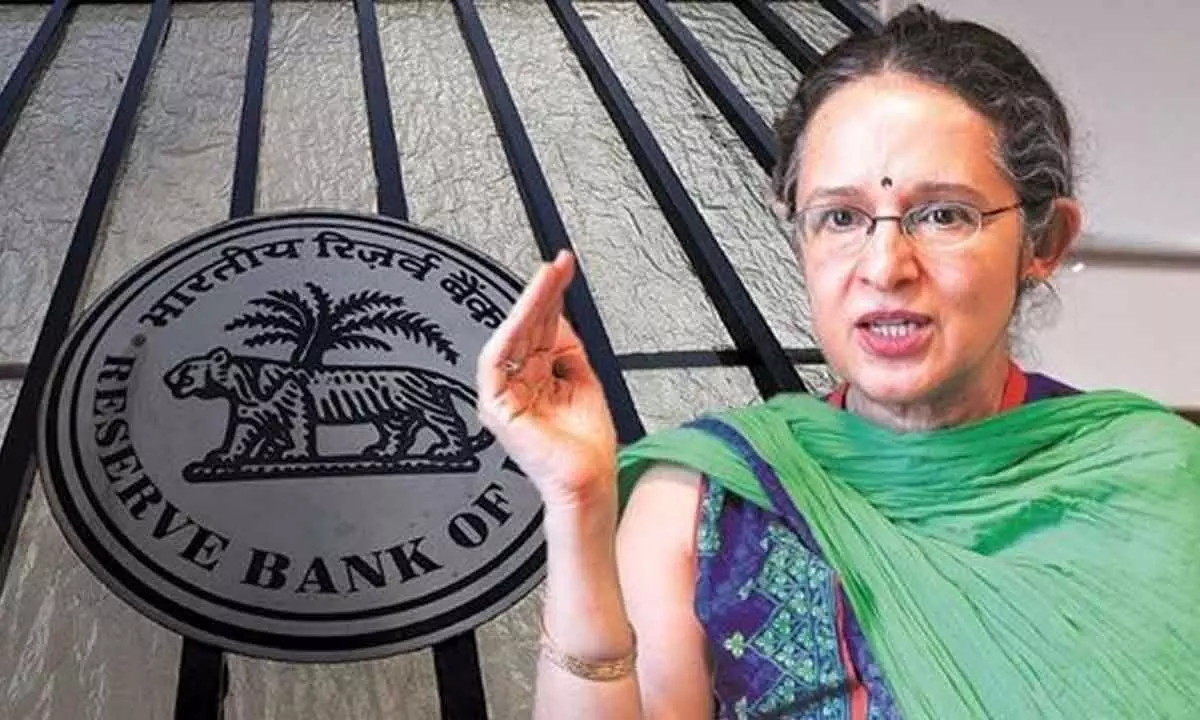
RBI Monetary Policy Committee Member Ashima Goyal
Must inform voters about financial implications of freebies: RBI member
New Delhi: Freebies are never 'free' and when political parties offer such schemes, they must be required to make the financing and trade-offs clear to voters, RBI Monetary Policy Committee (MPC) Member Ashima Goyal said on Sunday, adding this would reduce the temptation towards "competitive populism".
Ashima further said a cost is imposed somewhere when governments provide freebies, but this is worth incurring for public goods and services that build capacity. "Freebies are never free... specially harmful are subsidies that distort prices," she told an interview.
Noting that this hurts production and resource allocation and imposes large indirect costs, such as the water table falling in Punjab due to free electricity, Ashima said such freebies come at the cost of low-quality health, education, air and water that hurt poor the most.
"When parties offer schemes they must be required to make the financing and such trade-offs clear to voters. This would reduce the temptation towards competitive populism," the eminent economist argued.
Prime Minister Narendra Modi has in recent days hit out at the competitive populism of extending 'revris' (freebies) which are not just wastage of taxpayers' money but also an economic disaster that could hamper India's drive to become atmanirbhar (self-reliant).
His comments were seen directed at parties like the Aam Aadmi Party (AAP) which have in the run-up to assembly elections in states like Punjab and more recently Gujarat promised free electricity and water, among others. Earlier this month, the Supreme Court had suggested setting up a specialised body to examine "irrational freebies" offered to voters during elections.
On India's macroeconomic situation, Ashima, currently emeritus professor at the Indira Gandhi Institute of Development Research, said, "Indian growth is sustaining despite continuing global shocks and rate rises." While observing that India has done better than most expectations and in comparison to many countries under challenging conditions, she said among reasons for this are growing economic diversity that helps to absorb shocks.
"Large domestic demand can moderate a global slowdown; if industry suffers from lockdown, agriculture does well," she said, adding that services compensate for less contact-based delivery with digitisation, distance work and exports.









